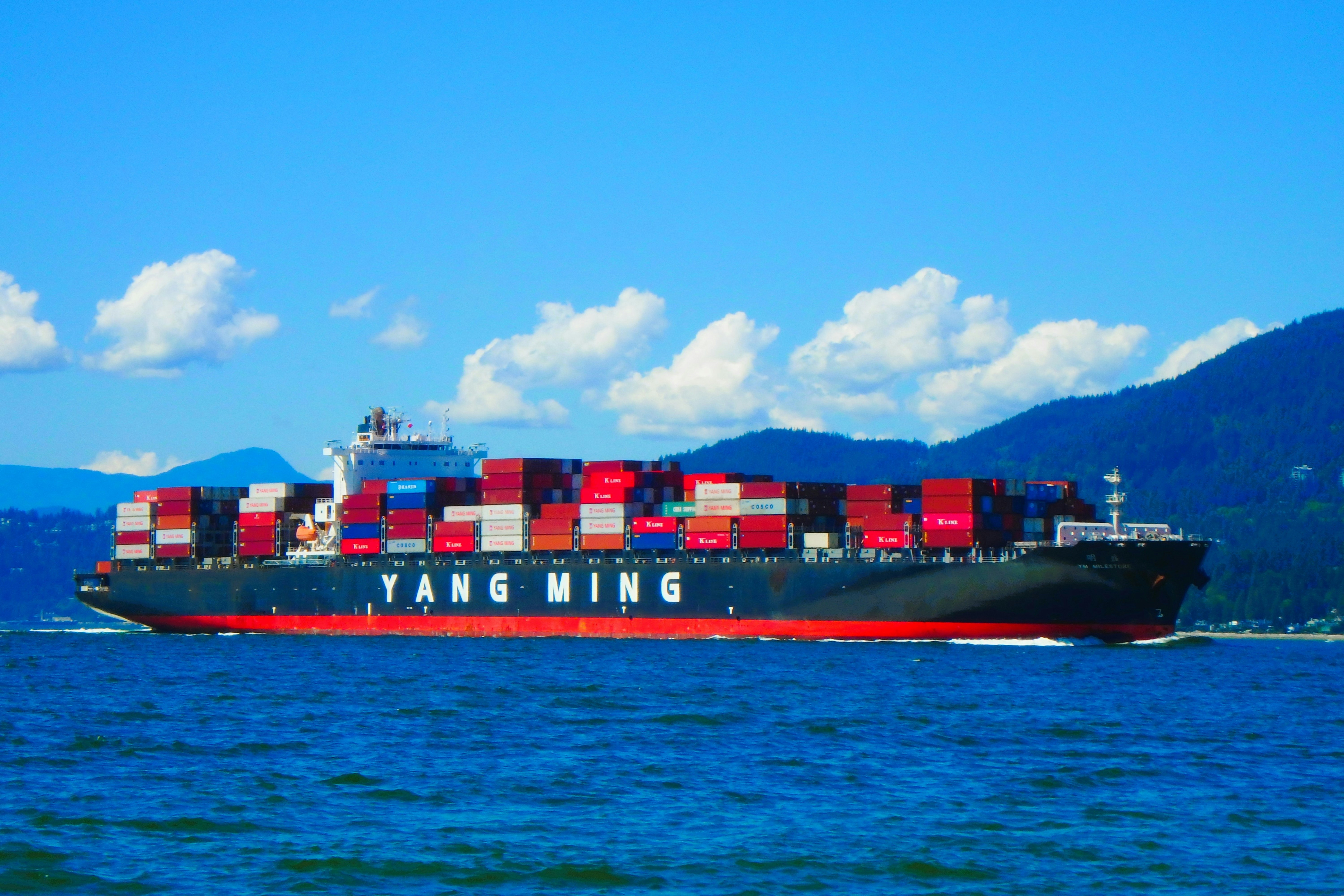What appears at first glance as an economic olive branch is, in fact, a recalibrated positioning maneuver. The European Union’s early consideration to lower tariffs on selected U.S. goods ahead of the 2024 U.S. election cycle signals not a revival of trade liberalism—but a realignment of institutional posture under threat. This is a capital-shielding gesture disguised as diplomacy. It anticipates—not reacts to—the structural unpredictability of a second Trump presidency.
European leaders are not offering tariff relief out of conviction in free trade. They are hedging against punitive escalation should Trump return to office and reignite the protectionist playbook of 2018–2020. Within that context, the move warrants interpretation not as trade strategy, but as preemptive sovereign buffering.
Reports from Brussels indicate that EU officials are exploring modest reductions in tariffs on American industrial and agricultural imports, particularly in sectors where symbolic alignment could blunt future trade aggression—autos, machinery, and food products. These categories are not chosen arbitrarily. They align with U.S. swing-state manufacturing interests and Trump’s previous tariff targets, including German car exports and French wine.
The EU’s current posture is not about initiating a fresh trade pact. It is about avoiding one-sided retaliation under a transactional U.S. administration that has shown little regard for WTO norms or alliance loyalty. The act of signaling—early, and selectively—is designed to deprioritize the EU as a Trump target without formally tying its hands to a bilateral renegotiation.
Critically, this is not being framed as a WTO-led initiative. Nor is it part of the broader G7 trade stabilization architecture. It is a unilateral policy lever dressed in multilateral tones.
During Trump’s first term, the EU largely played defense: lobbying to be excluded from steel and aluminum tariffs, delaying digital tax enforcement, and emphasizing energy imports to placate U.S. commercial interests. But then, those moves were reactive. The bloc’s approach now is fundamentally anticipatory. The EU is moving early—and asymmetrically—to control its exposure.
The difference matters. Under Biden, transatlantic trade relations were stabilized, if not deepened. But Brussels has not mistaken calm for permanence. Trump’s recent rhetoric—reviving threats of auto tariffs, conditioning NATO protection on spending targets, and dismissing EU regulatory independence—has reinforced Europe’s strategic exposure.
By lowering tariffs preemptively, the EU gains nothing economically. But it deflects potential Trump-era pressure points—and signals to global capital allocators that it retains policy optionality in a hard-power world.
For institutional investors, the EU’s willingness to bend before a known antagonist re-enters office is not a sign of weakness. It is a sign of capital-rational governance. Global sovereign wealth funds and central banks—particularly those in Asia and the Gulf—read these signals not for the surface narrative, but for posture recalibration. And the message here is unmistakable: Europe is trading ideological purity for buffer durability.
European exporters, especially in Germany and Italy, are especially exposed to U.S. tariff shocks. Auto components, precision machinery, and midstream industrials all face sensitivity not just to tariff levels, but to headline volatility. A Trump presidency—even before policies are enacted—tends to amplify regulatory and FX spread risk. Tariff reductions now are a premium paid in advance to mute those future shocks.
For fund allocators, this suggests two things. First, that the EU is willing to compromise early to maintain investor perception of regulatory stability. Second, that any U.S.-EU friction under Trump 2.0 would not trigger an immediate policy rupture in Brussels—but rather a continuation of this anticipatory concession cycle.
No major shifts in FX reserves or sovereign allocations are expected in the immediate term. But the signal has already been absorbed. European equity markets remain underweighted in global portfolios due to chronic underperformance, regulatory overhang, and weak demographic tailwinds. This move does not reverse any of those macro truths. But it reinforces the view that the EU will prioritize macro stability over moral posturing.
Brussels’ signal may also have secondary effects in the Gulf and East Asia. Saudi Arabia, for instance, has strengthened trade relations with both China and the EU in recent years. A softer European posture toward the U.S. could make Eurozone allocations marginally more attractive for GCC sovereign funds looking to diversify away from dollar volatility. In contrast, China may interpret this move as a dilution of EU neutrality—especially in tech and regulatory alignment.
For now, however, the capital response remains calculated—not reactive.
The EU’s proposed tariff easing is neither a trade strategy nor a policy pivot. It is exposure management—deliberately timed, optically moderate, but strategically weighted. It signals to markets that the bloc is preparing for friction by absorbing some of the cost in advance. It doesn’t guarantee protection. But it lowers the probability of being a first-tier target.
This is how sovereign posture evolves under systemic uncertainty. What may read as diplomatic softening is, in fact, pre-crisis capital choreography. This tariff overture will not prevent U.S. trade volatility. But it does preposition the EU as a less convenient adversary. And in a Trump-tilted world, that’s a hedge some policymakers are willing to take.














